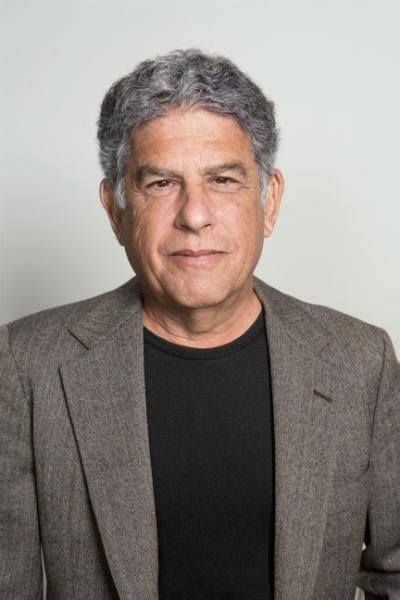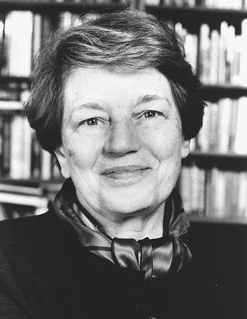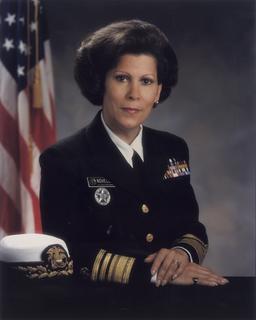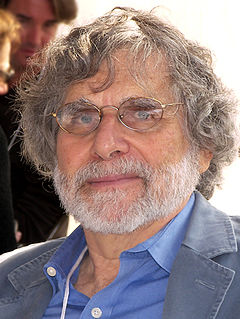A Quote by Richard Dawkins
I think looking back to my own childhood, the fact that so many of the stories I read allowed the possibility of frogs turning into princes, whether that has a sort of insidious affect on rationality, I'm not sure. Perhaps it's something for research.
Related Quotes
There are two kinds of women: those who marry princes and those who marry frogs. The frogs never become princes, but it is an acknowledged fact that a prince may very well, in the course of an ordinary marrige, gradually, at first almost imperceptibly, turn into a frog. Happy the woman who after twenty-five years still wakes up beside the prince she fell in love with.
There is something I keep wanting to say about reading short stories. I am doing it now, because I many never have another occasion. Stories are not chapters of novels. They should not be read one after another, as if they were meant to follow along. Read one. Shut the book. Read something else. Come back later. Stories can wait.
He found himself looking into many faces for potentional love, and seeing many people as shining vessels of possibility. Perhaps this time there would be that indefinable something that sent hungry hearts roving, longing and searching for something, they knew not what, and yet could not give up the quest.
I mean, I think it's a two-way relationship: I think you should not have too much faith in your own rationality. You should not have too much faith in the rationality of, you know, anybody else either. We all learn together about the way the world is, and I think it's a sort of antidote to wishful thinking of all kinds.
It was a sort of organic thing. I never went, 'I must be an actress.' I thought, 'I think I could do this. I think I could be good at this.' I would just get sort of hungry when I read something I thought I can do well, whether it was in books or in scripts or if I saw a certain movie. It sort of happened quite naturally.
When we come back to fantasy, I think we're actually coming back to the real bedrock of storytelling. Our national or international genre really is fantasy, if you think about the worldwide myths and legends and stories that we all know, whether we're talking about Little Red Riding Hood or the Arabian Nights or Noah's Ark or Hercules. These are stories that cross many cultures in much the same way that dragons cross many cultures.
That childhood passion and involvement and being really submerged in something, that's the kind of state I'm looking for all the time - and preserving that sense of magical possibility and wonder that children have. I think, for artists, if you can stay connected to that, then you are in a good place.
'Chocolat' was a sort of statement of my own childhood, recognizing I experienced something from the end of the colonial era and the beginning of independence as I was a child that really made me aware of things I never forgot - a sort of childhood that made me different when I was a student in France.
About one month before he was killed, when asked by David Frost how his obituary should read: Something about the fact that I made some contribution to either my country, or those who were less well off. I think back to what Camus wrote about the fact that perhaps this world is a world in which children suffer, but we can lessen the number of suffering children, and if you do not do this, then who will do this? I'd like to feel that I'd done something to lessen that suffering.
Sad to think that we won't have any new stories from John Updike, one of the last century's masters. But so many here in the two volumes of his collected stories, 186 by my count, stories to read, reread, savor over the course of a cold season. Updike's genius in the short form spills out of these many, many pages.





































